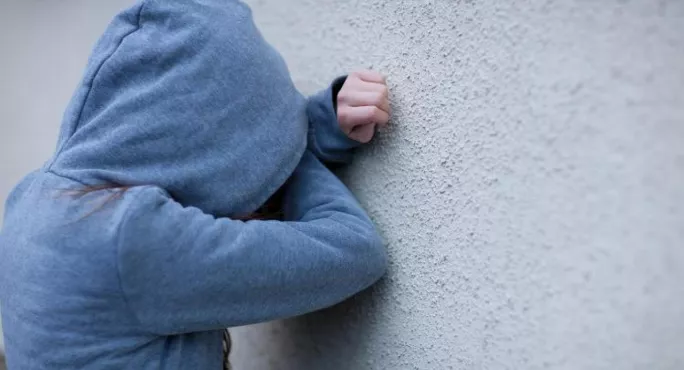- Home
- ‘Sit up and listen to dedicated Kaimes teachers’
‘Sit up and listen to dedicated Kaimes teachers’

A teacher who recently retired from the Edinburgh school where 11 staff have been suspended without pay for refusing to teach eight “violent pupils” has come to the defence of her colleagues, saying they are “dedicated and highly experienced teachers”. She is calling for everyone to “sit up and listen” to them.
Krissy McKale - who retired in September from her post as a drama teacher at Kaimes School, a special school mainly for autistic children - made her comments online in response to a Tes article by the deputy chief executive of the charity Scottish Autism, Charlene Tait. In the piece Tait made the case for seeing problematic behaviour among autistic pupils not as intentional, but as a sign of stress and anxiety.
However, McKale argued that while there was “always more to do within any professional set up”, the “professional love and attention given at Kaimes is second to none”.
McKale said the pupils benefitted from the “huge amounts of money” raised by the school charity, the Kaimes Special School Association, which had led to skiing trips, sailing and “many cultural enrichment opportunities”. The school had won a gold award for sport, she added, and ran healthy cafes, ceilidhs and boat building projects.
McKale continued: “So when these absolutely dedicated and highly experienced teachers, including Chartered Teachers, and those who have studied Autism at postgraduate level, are engaging with the NASUWT union, we should all sit up and listen. Of course, there should always be more training initiatives as in other professions, but the nub of it is this, staff and some children have been harmed and this is not acceptable.”
As a former nurse, she said she had noted with interest that new measures had been introduced to protect NHS staff.
She added: “The teachers and staff at Kaimes have a fundamental human right to a safe working environment also. No one is ‘blaming’ the pupils. The professional love and attention given at Kaimes is second to none, I know, I retired from Kaimes in September 2018.”
Meanwhile, teachers discussing the issue on the Tes community forums said they hoped the incident triggered “long needed solutions and action”.
One commentator, “ladywholunch”, said ASN establishments needed to be overhauled with onsite child and adolescent mental health services, as well as onsite police or security.
Another contributor - “sicilypat” - said that pupil support assistants tended to bear the brunt of aggressive behaviour, with many accepting “bites and bruises as part of the job”.
The latest Behaviour in Scottish Schools research found more than a quarter of primary school support staff had reported pupils being physically aggressive and violent towards them during the course of the previous year, including “squaring up”, “punching”, “kicking”, “headbutting” and “using weapons”.
“There is a culture of acceptance of violence because the perpetrator is deemed to be without malice,” said sicilypat. “This is generally true, and I would rarely blame an autistic child for an outburst, but staff need to be protected. Smaller schools, more akin to therapeutic units would help. But financial constraints always get in the way. The bottom line for me though is that staff (teachers or PSAs) should never accept assaults as part of the job, in mainstream or ASN. To do otherwise fails both staff and more importantly students as it fails to address systemic failures.”
The Kaimes School teachers were suspended without pay last month. Last Tuesday a meeting took place between the NASUWT Scotland teaching union and Edinburgh City Council when it was agreed another meeting would be held this week with an independent chair.
NASUWT Scotland said the group had faced “month after month” of violent physical assaults, verbal abuse and threats at Kaimes School. The union also claimed that “equipment has been smashed and classrooms trashed” by pupils.
The council, however, said that it had put in place an “improvement action plan” at the Kaimes - an all-through school of 96 pupils with 85 teachers and support staff - at the beginning of the academic year and that most staff were working to take this forward.
Keep reading for just £1 per month
You've reached your limit of free articles this month. Subscribe for £1 per month for three months and get:
- Unlimited access to all Tes magazine content
- Exclusive subscriber-only stories
- Award-winning email newsletters



